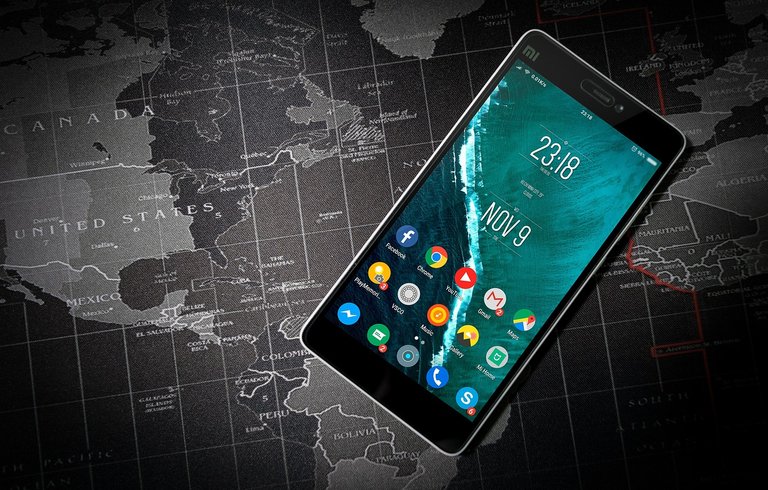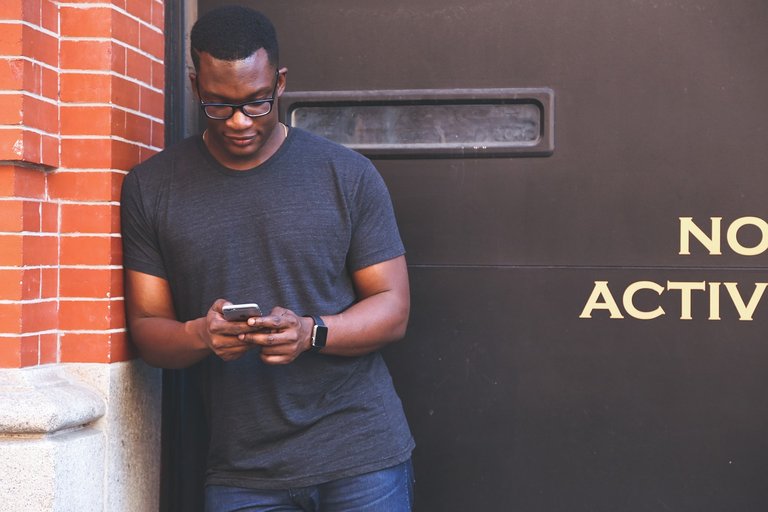Good to know you are here.

For over three decades now, we have seen how the world has evolved digitally. What was unimaginable many years ago has been made real today by just a tap on the screen of a small gadget called a “smart phone”.
Right from when the internet was created and developed, many other digital possibilities gradually followed. Today, everything and everyone is connected in a way that would have been described as “impossible”. There was newspaper, then radio, then telephone, then Tv, and today we have social media—an amalgam of mass media (as I like to call it). With this phenomenon, the world has been shrunk into a global village where everything is just a click or tap away.
It's fantastic. It's fun. Life has been interesting in this era of social media, but our behaviors and relationships have been altered and impacted in ways that seem difficult to adjust.
Let me stress this fact: social media is here to stay. It has become part of our lives and everyday routine. Many of us rely on social media platforms like Facebook, Tiktok, YouTube, WhatsApp, Twitter etc to connect with each other as it helps us, among other uses, to:
—communicate and stay up to date with family and friends around the world
—find new friends and communities; network with other people who share similar interests or ambitions.
—join or promote worthwhile causes; raise awareness on important issues.
—find an outlet for your creativity and self-expression.
However, virtual interactions can never replace real-world human connection. My brother and I used to share the same room but we'll both wake up in the morning pressing our phones without even saying “good morning” to each other. We were both in the same room but disconnected. Sometimes, we don't even say a word to each other till we get out of bed or our battery is dead. Imagine that!

Social media is the new opium, I must say. Consuming it heavily can increase the risk of heightened anxiety, depression, isolation, loneliness, and suicidal thoughts. Other negative experiences also include inadequacy about your life and appearance as a result of comparing your life to that of people as projected on social media, fear of missing out (FOMO), and social media addiction(this was the case with me).
I use to find myself rushing to my phone first thing in the morning when I wake from sleep. I did it impulsively. It affected my morning routine. Sometimes I could stay on the phone until I get late for whatever I was supposed to do. I tried many times to break this habit but it proved difficult.
In the evening too, I could plan going to bed early but once I pick up my phone, sleep would have to wait till my battery is dead or I run out of data.
However, having realized it was affecting my sleeping pattern, and I usually become tired and lazy in the morning, I decided to be INTENTIONAL about breaking the pattern before it becomes too late.
I started by adjusting the way I use my phone since it was the only tool I used in accessing my social media accounts. Once it is 7pm, I quickly go through all my social media accounts and check if there are any messages to reply or notifications to answer. I do this for just 30 minutes and I switch off my phone and leave it on the dining table and go into my room. I have already informed friends and family about this so no one should call at night. If I can't sleep, I read a book or my Bible.
I also set a morning routine that until I'm done with my morning chores I don't touch my phone.
This practice has helped declutter my mind a lot. I tend to think straight and clearly nowadays. I am not so isolated again from people as before.
Also, Hive has given me a healthy break from other social media platforms. I find my time here more purposeful and rewarding.
Thanks for reading
(This is my entry for the Hive Reachout inleo initiative19)
Posted Using InLeo Alpha



